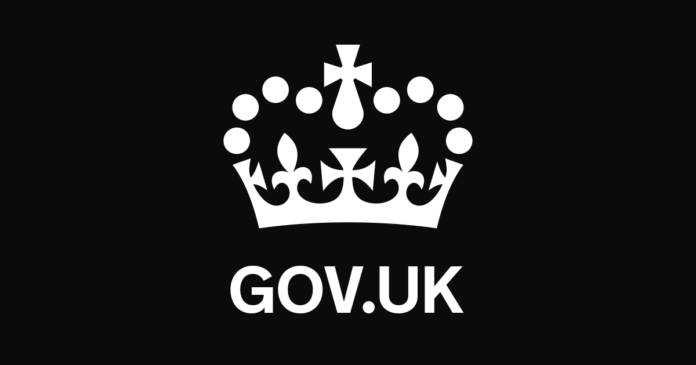What are we going to do?
We will prevent charges in general practice for letters of evidence to access legal aid for domestic abuse claims for vulnerable patients.
How are we going to do it?
We will prohibit charges for the preparation and provision of domestic abuse legal aid letters by health professionals in general practice if they:
a) Are a health professional who has been asked by a patient to provide a letter supporting an application for legal aid in instances of domestic abuse and who mostly or wholly provide services under an NHS GP contract.
And/or
b) Are a health professional who has been requested to provide a letter supporting an application for legal aid in instances of domestic abuse who has assessed the patient in the course of providing services under an NHS GP contract.
This provision also ensures patients cannot be charged for these letters by a GP practice in its capacity as a company or partnership.
Background
GPs can provide services in addition to NHS contracted services. These are private services and GPs have discretion to charge the patient for their completion.
General practitioners are one of many professions that a vulnerable person can turn to for a letter to provide evidence of domestic abuse for access to legal aid. As it is a private service, it is currently up to the discretion of an individual GP practice whether to charge for these letters, and if so, how much.
The British Medical Association has issued guidance for GPs recommending that a charge should not be levied for these letters. However, this is a non-binding recommendation. This provision will place this on a statutory footing.
Q&A
When is legal aid available for victims of domestic abuse?
Under the Legal Aid, Sentencing and Punishment of Offenders Act 2012 (LASPO) legal aid is available for private family law matters if the applicant is a victim of domestic abuse, subject to the applicant passing a statutory means and merits test, and providing evidence of the domestic abuse or risk of domestic abuse (this can include an evidence letter from a GP).
Although evidence of domestic abuse is generally required to access legal aid, certain specific protective injunctive applications relating to domestic abuse do not require evidence.
For individuals whose legal aid issue is outside the scope of LASPO, legal aid may still be available through the Exceptional Case Funding if certain criteria are met.
Why is a letter evidencing domestic abuse required?
It is important that limited legal aid funding is targeted at those who need it most. The evidence requirements ensure that the legal aid scheme strikes the best balance between ensuring genuine victims of domestic abuse can evidence their abuse and access legal aid and ensuring the risk of fraudulent claims is as low as possible.
The Government has already expanded the accepted forms of evidence of domestic abuse, and removed all time limits for providing this evidence, to ensure it is as easy as possible for victims to access support.
Will an evidence letter guarantee a victim can access legal aid?
In most cases, the individual will still have to satisfy a statutory means and merits test in order to access legal aid funding. More information on the criteria for accessing legal aid is available on gov.uk.
Who else can provide a letter of evidence of domestic abuse to support an application for legal aid?
Individuals can ask for evidence from a range of professionals, not just a GP. These include:
- the courts
- the police
- a multi-agency risk assessment conference (MARAC)
- social services
- a health professional, for example a doctor, nurse, midwife, psychologist or health visitor
- a refuge manager
- a domestic violence support service
- your bank
- your employer, or education or training provider
- the provider of any benefits you’ve received
Who must not be charged for these letters?
Anyone who is applying for legal aid in instances of domestic abuse must not be charged for these letters in general practice where:
- they have been assessed as a patient by the health professional under any of the NHS GP contracts; and/or
- the health professional they are asking wholly or mainly provides services under those contracts.
When will this happen?
This will come into force from 1st October 2021
Key Facts
The three NHS general practice contracts are General Medical Services (GMS), Personal Medical Services (PMS), or Alternative Provider Medical Services (APMS).
Credit: Source link










